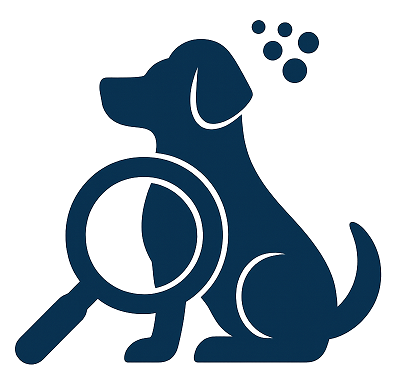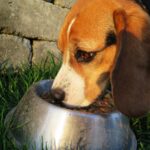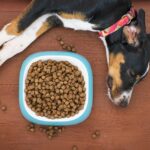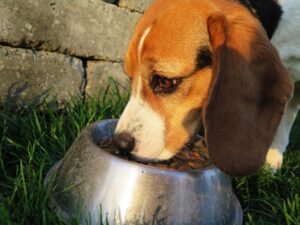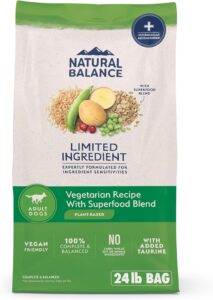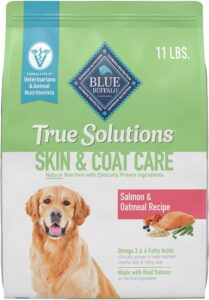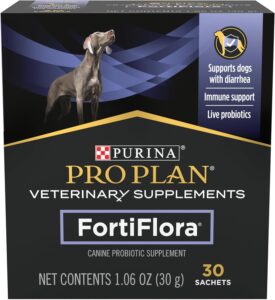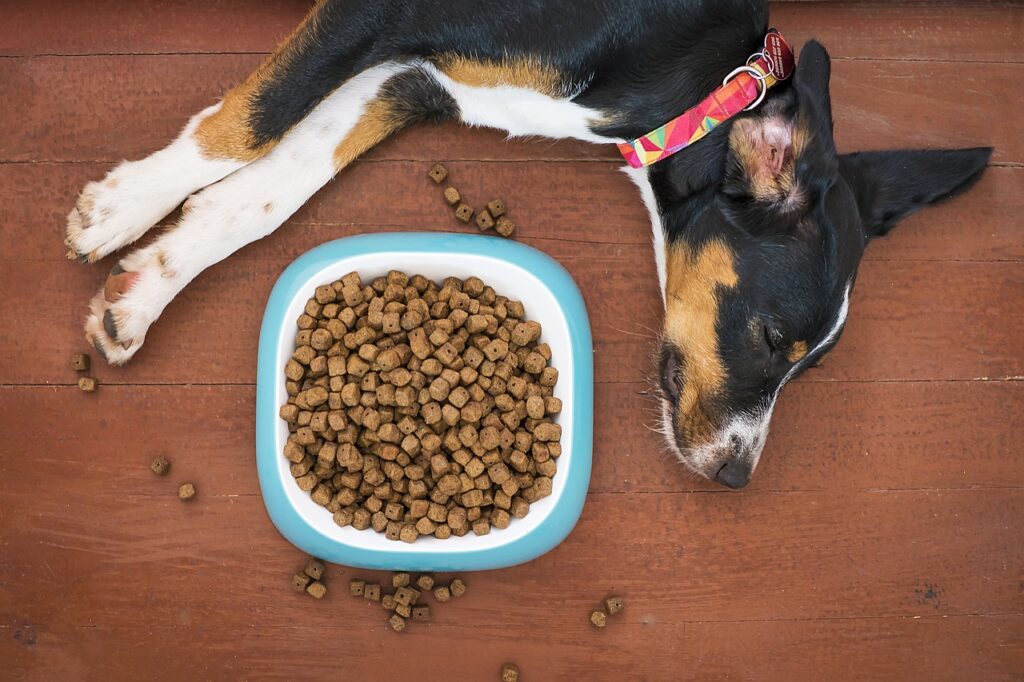
Ensuring the health and safety of our canine companions is a priority for every dog owner. With their curious nature and love for sharing our food, it’s essential to be aware of certain human foods that can be toxic to dogs. This comprehensive guide will explore the top toxic foods for dogs and provide tips on how to protect your furry friend’s health.
Chocolate: A Sweet Danger
Chocolate is one of the most well-known toxic foods for dogs. It contains theobromine and caffeine, both of which are toxic to dogs. The darker the chocolate, the more dangerous it is. Symptoms of chocolate poisoning include vomiting, diarrhea, rapid breathing, increased heart rate, and seizures. If you suspect your dog has ingested chocolate, seek veterinary assistance immediately.
Grapes and Raisins: A Hidden Threat
Grapes and raisins, though healthy for humans, can cause kidney failure in dogs. Even a small amount can be toxic, leading to symptoms like vomiting, lethargy, and loss of appetite. In severe cases, it can result in kidney damage or failure. If your dog has consumed grapes or raisins, contact your veterinarian promptly.
Onions and Garlic: More Than a Bad Breath Issue
Onions and garlic belong to the allium family and are highly toxic to dogs. They can damage red blood cells, causing hemolytic anemia. Symptoms include weakness, vomiting, breathlessness, and a reduced appetite. It’s important to note that even cooked or powdered forms of these foods are harmful to dogs.
Avocado: A Creamy Peril
Avocados contain persin, a substance that can be toxic to dogs. While the flesh is less harmful, the pit, skin, and leaves contain higher concentrations of persin. Symptoms of avocado toxicity include vomiting, diarrhea, and potential heart congestion. Keep avocados out of reach to ensure your dog’s safety.
Alcohol: Not Just for Humans
Alcohol can have severe effects on a dog’s central nervous system, leading to symptoms such as vomiting, diarrhea, coordination issues, difficulty breathing, and even coma. Even small amounts of alcohol, including foods containing alcohol, should be avoided to prevent potentially life-threatening situations.
Xylitol: The Sweetener to Avoid
Xylitol is a sugar substitute found in many sugar-free products like gum, candies, and baked goods. It can cause a rapid release of insulin in dogs, leading to hypoglycemia (low blood sugar). Symptoms include vomiting, loss of coordination, seizures, and liver failure. Immediate veterinary care is crucial if xylitol ingestion is suspected.
Macadamia Nuts: A Nutty Hazard
Macadamia nuts are toxic to dogs and can cause symptoms such as weakness, vomiting, tremors, and hyperthermia (increased body temperature). These symptoms usually appear within 12 hours of ingestion and can last up to 48 hours. While the exact toxin is unknown, it’s best to keep macadamia nuts away from your dog.
Caffeine: Not Just a Morning Perk
Caffeine is found in coffee, tea, energy drinks, and some medications. It stimulates the central nervous and cardiovascular systems, causing symptoms like restlessness, rapid breathing, heart palpitations, and muscle tremors in dogs. Caffeine ingestion requires immediate veterinary attention to prevent serious health issues.
Yeast Dough: Rising Risks
Unbaked yeast dough can be dangerous for dogs. When ingested, the dough can rise in the stomach, causing bloating and potentially dangerous conditions like gastric dilatation-volvulus (GDV). Additionally, the fermentation process produces alcohol, leading to alcohol poisoning. Always keep raw dough out of your dog’s reach.
Bones: A Chewy Concern
While bones are often associated with dogs, cooked bones can splinter and cause choking or damage to the digestive tract. Raw bones are a better alternative, but they should be given under supervision to prevent potential hazards. Always consult your vet before introducing bones into your dog’s diet.
Fat Trimmings and Cooked Fat
Feeding your dog fat trimmings or cooked fat from meat can lead to pancreatitis, a painful inflammation of the pancreas. Symptoms include vomiting, abdominal pain, and diarrhea. Opt for lean cuts of meat and avoid giving your dog fatty scraps from the table.
Milk and Dairy Products: Not Always a Treat
While small amounts of dairy might not harm your dog, many dogs are lactose intolerant. Ingesting milk or dairy products can lead to digestive upset, including diarrhea and gas. If your dog shows signs of lactose intolerance, it’s best to avoid dairy altogether.
Protecting Your Dog’s Health: Prevention Tips
Keep Harmful Foods Out of Reach
One of the simplest ways to protect your dog is by ensuring that toxic foods are stored securely and out of their reach. Use childproof locks on cabinets if necessary, and always be vigilant about what your dog can access.
Educate Family and Friends
Make sure everyone in your household is aware of the dangers certain foods pose to dogs. Inform guests as well, so they don’t unknowingly feed your dog something harmful.
Be Mindful When Cooking
When cooking, keep ingredients like onions, garlic, and chocolate away from your dog. Clean up spills immediately, and dispose of food scraps in a secure trash can.
Read Labels Carefully
Before giving your dog any treat or food, check the ingredient list for potential toxins like xylitol. Many sugar-free products can be harmful, so it’s always best to be cautious.
Know the Signs of Toxicity
Educate yourself about the symptoms of food poisoning in dogs. Early detection and treatment can make a significant difference in your dog’s recovery.
Conclusion
As dog owners, it’s our responsibility to ensure that our furry friends are safe and healthy. By being aware of the toxic foods and taking preventive measures, you can protect your dog from potential harm. If you suspect your dog has ingested something toxic, don’t hesitate to contact your veterinarian immediately. Remember, a little knowledge and vigilance can go a long way in safeguarding your dog’s health.
By keeping these tips in mind and maintaining a safe home environment, you can enjoy many happy and healthy years with your beloved canine companion.
#ChatGPT assisted in the creation of this article.
